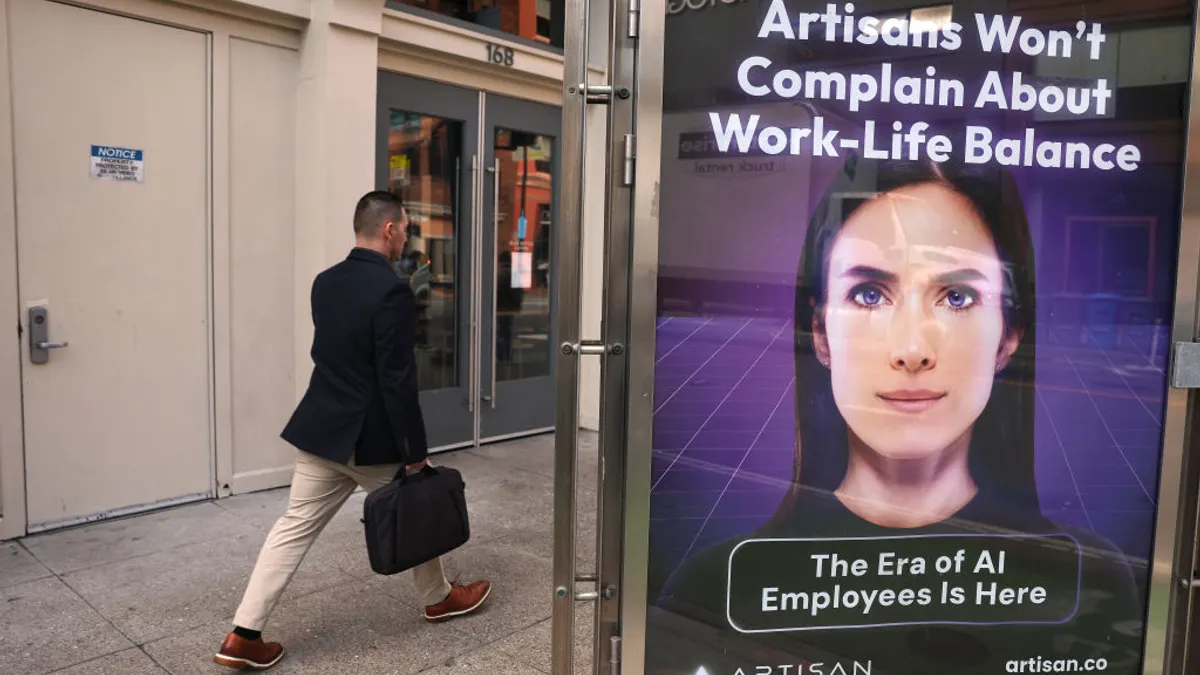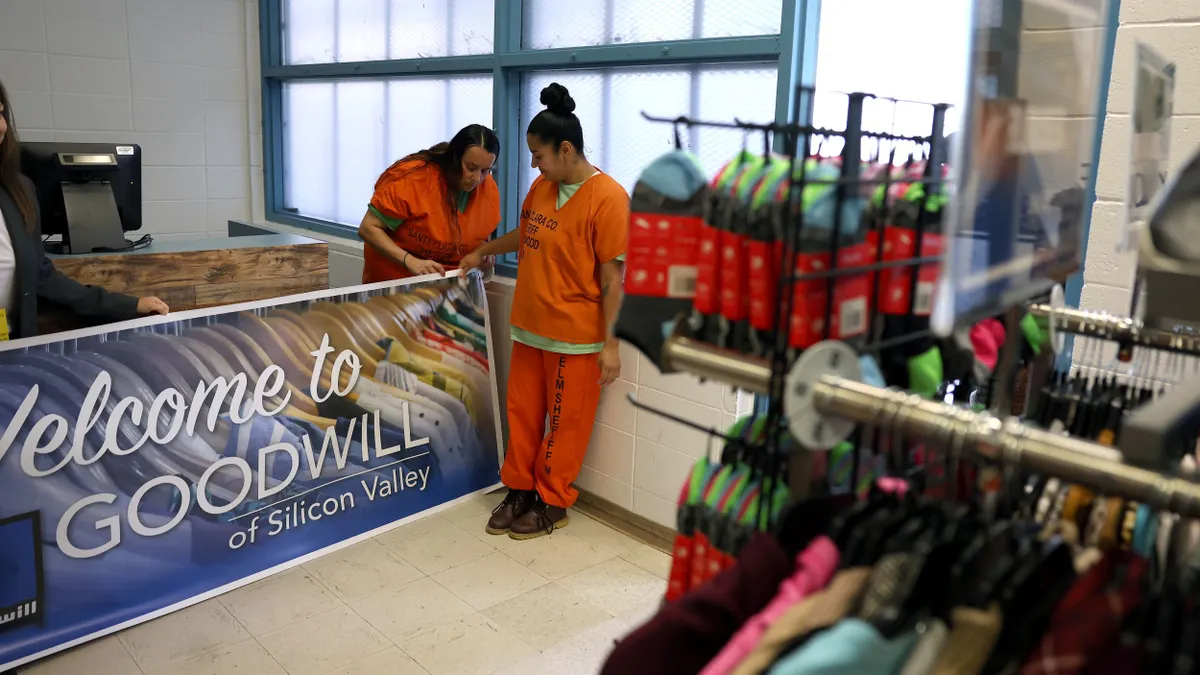This year, the oldest members of Generation Z are turning 21, which means many are already entering their first ‘real’ jobs.
With summer graduations in full swing, the job market is about to heat up even more as companies compete for the best talent. It’s a mistake to think that the youngest members of the workforce will be looking for the same things as their predecessors — things like free coffee have lost their appeal. Generation Z is different from millennials and other previous generations, and they must be treated accordingly if companies hope to attract them.
How is Generation Z viewed?
The Deloitte Millennial Survey 2017 indicates that millennials eagerly await the arrival of Gen Z in entry level positions, with a positive attitude towards their unique skills. The general perception is that Gen Z is coming in with strong technical skills, but lacking somewhat in soft skills. However, the survey also indicates that Gen Z is viewed as highly creative and 61% of millennials believe that they will have a positive impact on the workplace.
What’s likely to attract Gen Z candidates and help them to make the decision to work for an organization?
To answer this question, HR Dive spoke with several thought leaders in the recruitment space, who are actively working on placement of Gen Z candidates.
One of the ways that companies can attract Gen Z candidates is by simply being authentic about what the company can offer, and then creating a positive experience around it. But first, it requires a deeper understanding of what Gen Z is looking for.
Corey Berkey, Director of Human Resources for JazzHR, an ATS and recruitment software company, shared how critical the candidate experience is for Gen Z. Since they’ve grown up with technology at their fingertips, Berkey says that Gen Z is different than the millennials who have typically had prolonged job searches and been viewed as transient in nature due to not being able to always find the perfect career fit. They also experienced the challenges of their parents during the economic recession, which may have jaded them somewhat.
Berkey told HR Dive, “Generation Z candidates tend to have more reasonable expectations, but are less willing to settle on any job.” Berkey adds, “Marketing to Gen Z will grow in importance because they are essentially shopping the job market for organizations where they can see themselves in the future. Gen Z has a strong interest in entrepreneurialism so companies that offer a way to earn the right experiences will have a stronger appeal.”
Harnessing technology to appeal to Gen Z candidates
HR Dive spoke with Pavel Krapivin, founder and CEO of VelvetJobs, an outplacement and recruitment service, about the critical nature of using technology to attract the latest crop of candidates. As a Harvard Business School and MIT graduate, and former Vice President of Warner Bros. Entertainment, he has a great deal of insight into what motivates the youngest generation of job seekers.
Krapivin said, "Generation Z tends to be more inclined to turn to technology to explore career opportunities and they embrace resources that streamline the job search process more than any other group of candidates before them. From resume matching and job alerts to direct help from outplacement services, they know how to use technology to find the companies that align with their professional goals and personal values.”
In order to leverage technology, employers need to be mindful of how and where Gen Z is spending the bulk of their time — on mobile devices and social networks. While they think and do things at the speed of light, Krapivin says that, “Generation Z candidates are looking for job security and work that ‘gives back’ to their communities.” If employers can authentically share that these are part of the corporate culture, they’ve already won the candidate over. He adds, “Organizations can take advantage of these factors by developing strong corporate brands that speak to these needs, and by partnering with recruitment services that understand the competitive job market as Gen Z sees it.”
Social media's impact on Gen Z
In March, ChooseATL, an initiative of the Atlanta Chamber of Commerce, hosted the biggest job market booth at SXSW 2017, focusing primarily on attracting young talent to the outstanding companies of Atlanta. A robust social media campaign combined with strong economic development in this southern U.S. hub city has been successfully targeting dozens of college coliseums and arenas around the nation during graduation ceremonies. Why all this fuss over college grads? They are ripe for the picking. According to Student Loan Debt, the average student is walking across the stage with nearly $38K in student loan debt, which is up by nearly 6% from last year. This means a lot more college grads eager to start well-paying careers soon after their studies are over.
HR Dive spoke with Kate Atwood, executive director of ChooseATL about the approach that the campaign has used to attract more Gen Z job seekers.
Atwood said, “We knew before we started this campaign that 90 percent of young adults, ages 18 to 29, use social media. Therefore, these platforms served as the most ideal way to not only reach our target audiences on a national level, but also reach them in a format that appealed to them.”
In just two weeks time, the social-media driven ChooseATL ads had reached over half a million job-seeking graduates and their parents, and engagement had tripled. The secret to their success? According to Atwood, “Unlike most social media ad campaigns that only generate one-way dialogues, [our] campaigns have come to life as authentic two-way conversations.”
Berkey shares this view of leaning into the marketing of the candidate experience more because they are sharing their experiences with their peers via social networks (one reason why JazzHR has built-in social sharing options for job postings). He says, “companies need to create digital one-pagers that highlight the experience of employees too — such as brief testimonial videos that share career success and provide inside intelligence about the company.” In this way, organizations can better control their reputations and create a narrative about the company in addition to using job boards.
Other ways that employers can connect with Generation Z candidates from our experts include: SMS text reminders and touch-points, gathering feedback from candidates throughout the process, and communicating clear career paths to candidates.
The future looks bright for Generation Z, and the companies that take steps now to create recruitment campaigns around their needs will fare the best. Atwood told HR Dive, “This year's group of graduates have more choice about where to work and where to live than recent grads have had in a decade. Through our interaction with this year's grads it is clear they have an open mind. They truly want to be part of cities where they can make their mark and find it appealing when opportunities are presented directly to them.”



















